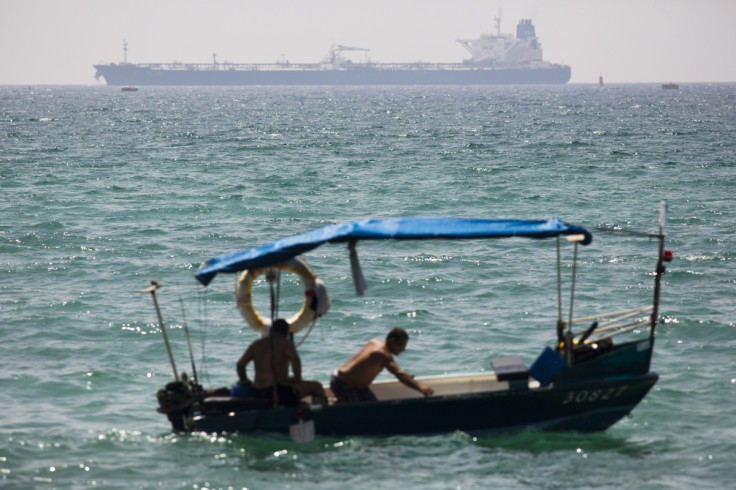Iraqi Kurd Delegation in Turkey Seeks Controversial Deal Over Oil Revenues

Ministers from the Kurdistan Regional Government (KRG) have arrived in Turkey where they are hoping to reach a deal over oil exports.
The Kurdish delegation is hoping to secure agreements for future oil sales and reach a deal over the transfer of revenues for oil already exported and sold via Turkey.
The move is likely to further strain ties with Baghdad.
Turkey has deposited $93m (£54m, €68m) in a bank account at the state-owned Halkbank, for oil exported from the Kurdish autonomous region via the Turkish port of Ceyhan.
"The purpose behind the visit regards a bank account for Kurdish oil revenue, which has been sold through Turkey, and transferring the account into the Kurdistan Region," said Rebar Muhammad, the KRG's finance minister, as quoted by Rudaw news agency.
Turkey is unlikely to release the oil revenues without an agreement in place between Baghdad and Arbil over how such revenues would be divided. The KRG has previously indicated it would transfer 83% of revenues to central government, while keeping 17%, but this could change given the fresh animosity between the two sides.
Baghdad has said the Kurdish oil has been smuggled from the country and has warned potential buyers that they would face penalties for dealing directly with the Kurds.
Ties between central government and the autonomous region have plunged to new lows in recent weeks. The Iraqi government is struggling to contain an insurgency that is reaching ever closer to the capital Baghdad, while the KRG is moving to prepare a vote on independence.
The Kurdish minister withdrew from the national parliament in early July after Iraq's prime minister Nouri al-Maliki accused the autonomous region of harbouring terrorists.
On an economic level, Baghdad has refused to pay the KRG its share of the national budget and threatened to take legal action against buyers of Kurdish oil on international markets in a bid to halt the region exporting oil without its consent.
Both sides argue that the Iraqi constitution gives them the right to export oil independently.
© Copyright IBTimes 2025. All rights reserved.






















